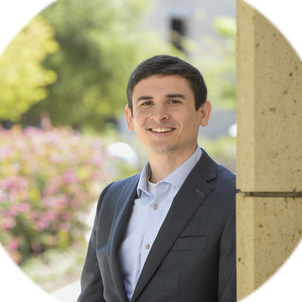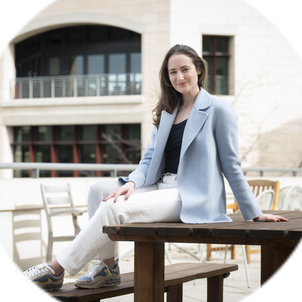I’ve been able to collaborate with people from a variety of places on campus as a result. In Product Design I’ve also learned the importance of putting yourself in the user’s shoes, which often comes as a result of empathy, observation and lots of user interviews, in order to make sure you’re solving a need that the user actually has instead of making assumptions. And I think taking both of these to heart has made my experience so much richer. When I leave here, I hope to be able to help spread that perspective out in the world.
Additionally, as I go out into the real world, it’s really important for me to make sure that the work I do doesn’t just do good in the world, but also doesn’t inadvertently do harm. I just finished taking a class on ethics in engineering, and it gave me ways to think about how to approach engineering work in a world where innovation is happening so rapidly. As we create innovative ideas or technologies to solve problems, we don’t always know exactly where these things are going to take us, and consulting people with different backgrounds is a great way to make sure what we’re doing won’t create some harm in the future. While in office hours working on problem sets, one of my friends and I would joke that we were ‘saving the world,’ but you can’t save the world if you hurt it in the process of trying to make it better. Leaving Stanford, I feel ready to take what I’ve learned in class and makes the world a better place, be that in 5 years or even 50 years down the line.
Related spotlights

Thomas Colburn

Kayla Patterson

